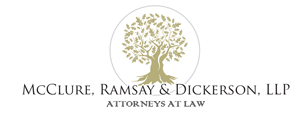When buying a home, you may have to put down earnest money. This money, according to Realtor.com, helps to show you are serious about the offer you wish to make on the home. The money will go into escrow, which is a holding place for the money prior to it going to the seller at the completion of closing.
Before putting money in escrow, you need to make sure that you understand how it works. Typically, it will start with securing an escrow agent who may work for the closing company or who may be a third-party with no ties to the seller or you. This person manages the money and ensures the proper transfer.
Cost
Using escrow does cost money. You may pay the fee, or your contract may state that the seller will pay the fee. It is usually 1% to 2% of the total sales cost of the property.
Protection
The reason behind escrow is to protect you and the seller. It gives control over earnest money or anything else in the account to a third-party who has no interest in the matter. It ensures that assets go where they should without hassle or delay. For the seller, it ensures that if you break the contract and back out, he or she can still get the earnest money. For you, it ensures the seller meets all the conditions prior to the completion of the sale.
Conditions
When you put money or assets in escrow, it is not gone to you forever. There are usually conditions upon which you or the seller must meet to close escrow. For example, the seller may have to make certain repairs or ensure the home passes inspection. Once you both meet all conditions and finalize your contract, the sale closes and the money from escrow goes to the seller.
